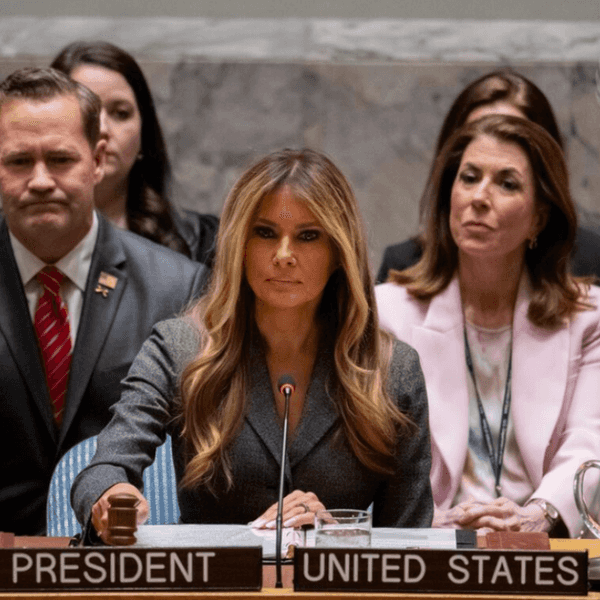
From the Islamic State to the streets of Paris, Americans get bombarded daily with fresh reminders of conflicts around the world.
What’s harder to figure out is what to do about it. What would actually make us safer?
Some politicians urge kneejerk reactions. Spend more on the Pentagon, they say. But one thing’s clear after years of over-relying on military force: It can actually make us less secure.
You don’t have to take my word for it.
When journalist Bob Schieffer asked recently if he had regrets about invading Iraq, former president George W. Bush lamented that “a violent group of people have risen — risen up again.”
Bush can find one of the culprits for this sad development by looking in the mirror. Without that invasion and the sectarian chaos it unleashed, there would be no Islamic State (ISIS). What will it take for the U.S. government to grasp that short-term military solutions create long-term crises?
Sadly, our leaders remain hooked on military “solutions,” which too often make the world more dangerous.
In fact, President Barack Obama’s 2016 funding request for the Pentagon’s base budget is the biggest in U.S. history. Total military expenditures, including nuclear weapons and war spending, gobble up well over half of the nation’s discretionary budget — even as we continue to draw down troops from Afghanistan.
Much of that budget growth funds weapons systems unsuited to today’s battlefields. Washington’s spending billions to pad the pockets of Pentagon industry insiders who reap record profits while doing little to enhance national security.
The American people must demand a new definition of security — both at home and abroad — that means more than new and bigger guns.
In the Middle East, that means diplomatically engaging countries directly threatened by the Islamic State. It also means taking common-sense steps — like providing economic and humanitarian assistance — to address the “ISIS crisis” in a way that creates friends, not enemies.
“What matters more to American security?” Senator Chris Murphy asked when funding for food assistance for Syrian refugees was running out. “One day of missiles being fired at ISIS inside Syria? Or being able to feed hundreds of thousands of hungry refugees, who, if they don’t get a square meal…are going to turn to ISIS?”
Sadly, our leaders are better at finding money for weapons than for food. With budget priorities like that, we’ve got problems back home, too.
Public investment in America’s future — on roads, schools, and scientific research — is at historic lows. And the government has slashed spending on a wide range of vital programs that provide security and opportunity for American families since 2010.
Last year, domestic discretionary spending fell by some $15 billion, while the Pentagon used its massive slush fund — the Overseas Contingency Operations account — to escape any significant cuts at all.
As Congress ponders the federal budget, it must focus on what will really make our families more secure. Reining in wasteful Pentagon spending is one great way to get started.
But cutting the security of Americans at home — including our education, health care, retirement, and child care — hits us where we live.
Richard Kirsch is a senior fellow at the Roosevelt Institute and the author of Fighting for Our Health: The Epic Battle to Make Health Care a Right in the United States. He’s also a senior advisor to USAction. USAction.org
Distributed by OtherWords.org.
Photo: A soldier assigned to the International Security Assistance Force patrols the streets of Mazar-e Sharif. (Photo by Petty Officer 2nd Class Jonathan Chandler, via Wikimedia Commons)








